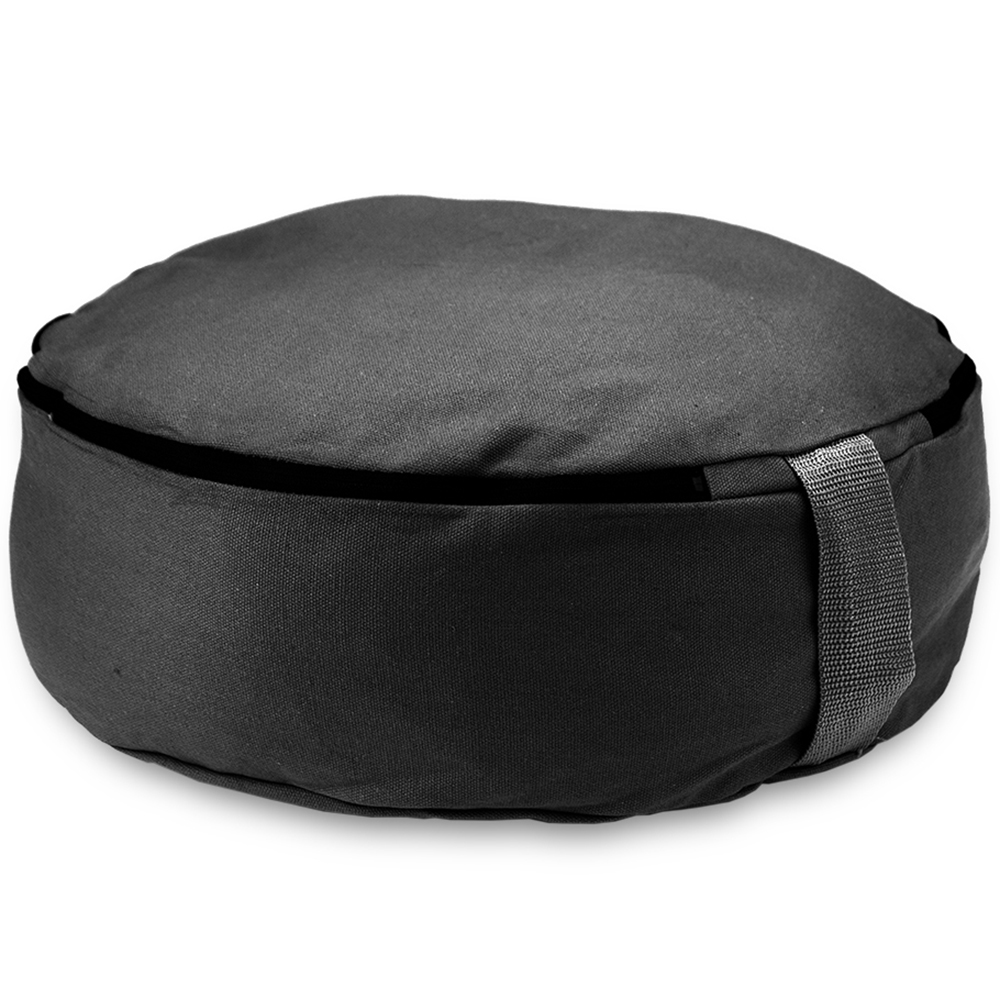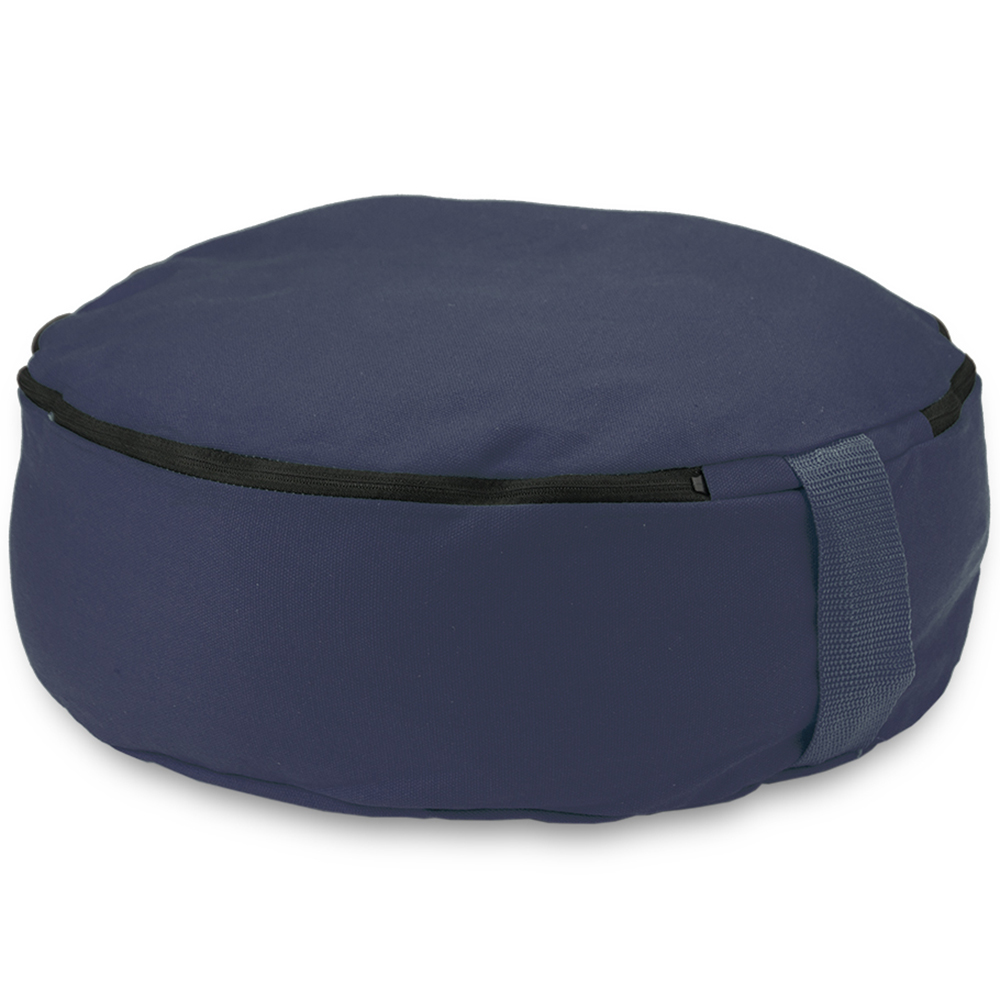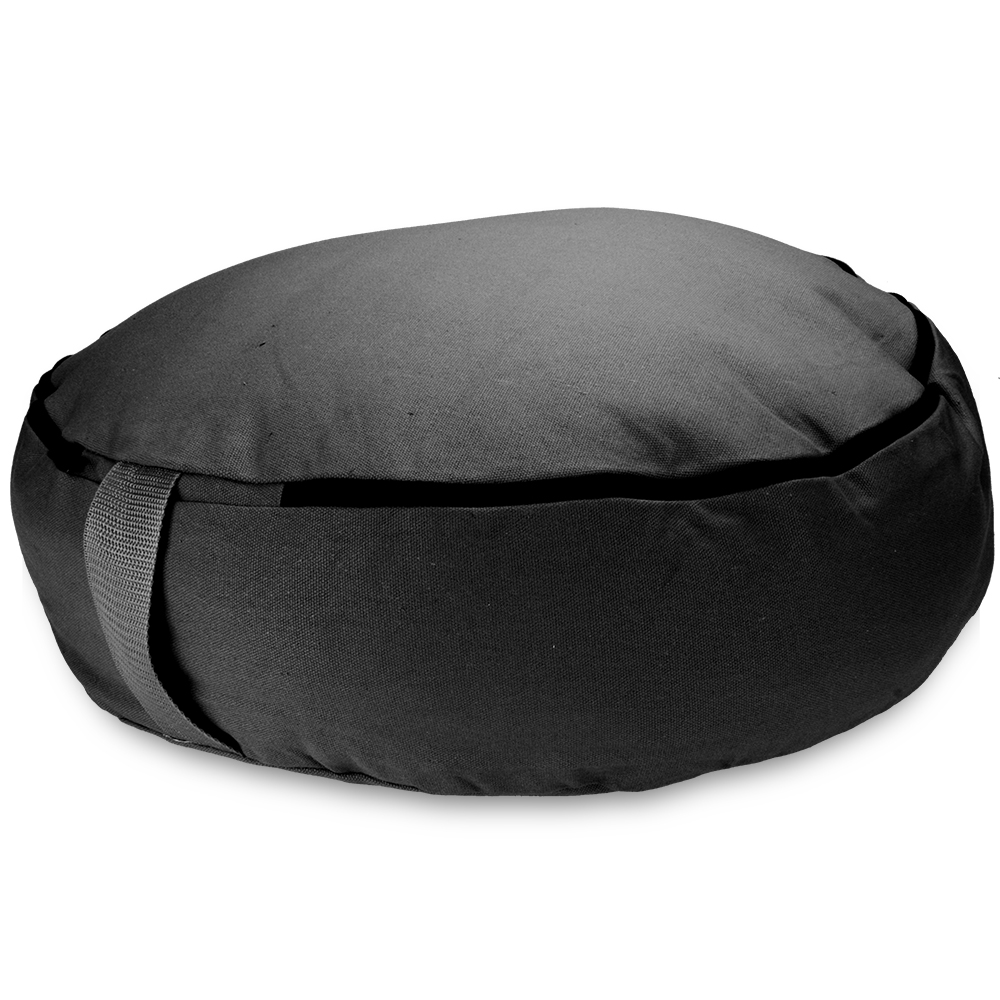| Description Experts Expert Contributions Featured Books for Sale |
Videos Articles Research Organizations |
In the News Additional Resources Coming Later Contributors |
Description
Those with Post Traumatic Stress Disorder (PTSD) can often develop difficulties with sounds such as an exaggerated startle response, fear of sound (phonophobia), aversion to specific sounds (misophonia), and a difficulty in tolerance and volume of sounds that would not be considered loud by normal hearing individuals (hyperacusis).
There is a confirmed link between PTSD and hyperacusis due to a cerebral processing problem specific to how the brain perceives sound and as you can imagine, when they are present concurrently have the potential to exacerbate one another. Hyperacusis is very different from the reduced tolerance for noise that most of us have when we’re tired or stressed, or reacting to an obviously unpleasant noise, such as someone scratching their fingernails down a blackboard.
People with with hyperacusis have difficulty tolerating sounds which do not seem loud to others, such as the noise from running water, sirens, a phone ringing, dogs barking, walking on leaves, a washing machine, laughter and shouting, and the vacuum cleaner – any sound can potentially trigger a reaction in someone with hyperacusis – even the sound of their own voice.
Source: https://www.ptsduk.org/hyperacusis-and-ptsd/

Experts

Featured Books:


Videos:

Angie Atkinson (7:39)

Articles:

Research:

Organizations:

In the News:

Additional Resources:
Contributors:Professionals:
Compiled By:
|
![]() Expert
Expert
![]() Professional
Professional
![]() Outreach Leader
Outreach Leader
![]() Moderator
Moderator
![]() Contributor
Contributor
















